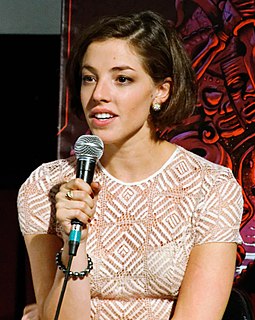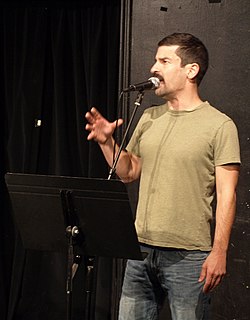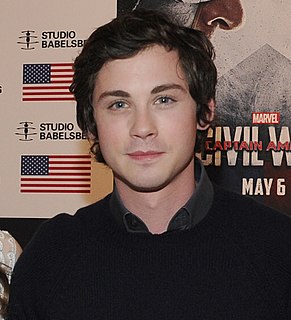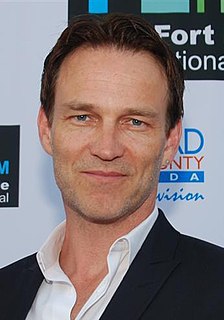A Quote by Saffron Burrows
In orthodox film-making, you never shoot sequentially - but with improv, obviously every move you make has a knock-on effect; it is a cumulative process. I have improvised, on the non-scripted 'Timecode.' It can become entirely indulgent: actors smashing crockery and competing verbally.
Related Quotes
I came back to Haiti after the earthquake not to shoot a film, but to help and be a part of the rebuilding process, like all my fellow compatriots. I didn't come to shoot a film, but I became frustrated when I realized that my help was kind of useless. We all felt lost and helpless. And it's out of that frustration that I decided to shoot a film.
People think "The Office" was improvised, but it's all on the page. We do that because what we found is that in the early days of "The Office," we went in with it sort of 80 percent scripted and we did some things and then we improv'd and we did - you know, and it gets a laugh on the floor because it's the first time they've heard it.
Not only do I look at the playback with the actors, but I look at the on-set assembly footage with the sequences with my actors as well. These are the reasons why I take twice as much time to shoot a film in Korea. Thinking back, I remember on my first ever Korean film, I never used any playback or on-set assembly, so all I had to do was to tell myself it's just like making my first ever Korean-language film. After that, I felt right at home.
I like actors who just become that person and then react, and Adam [Driver] is completely reactive in that way. So every day working with him was really a pleasure. And he's in almost every scene in the film, so the poor guy had to work the - almost the entire 30 days of our film shoot. But, yeah, he was really a pleasure, and I really love what he - how he embodied this character.
To be fair, on a good project, no matter whether it's improvised or scripted or meticulously prepared, or all up for grabs, it's always, always beyond the safety zone. Every project becomes interesting and exciting once you move beyond that routine. You always aspire to that. It's not that this improvisational mode is the only mode that facilitates that.




































